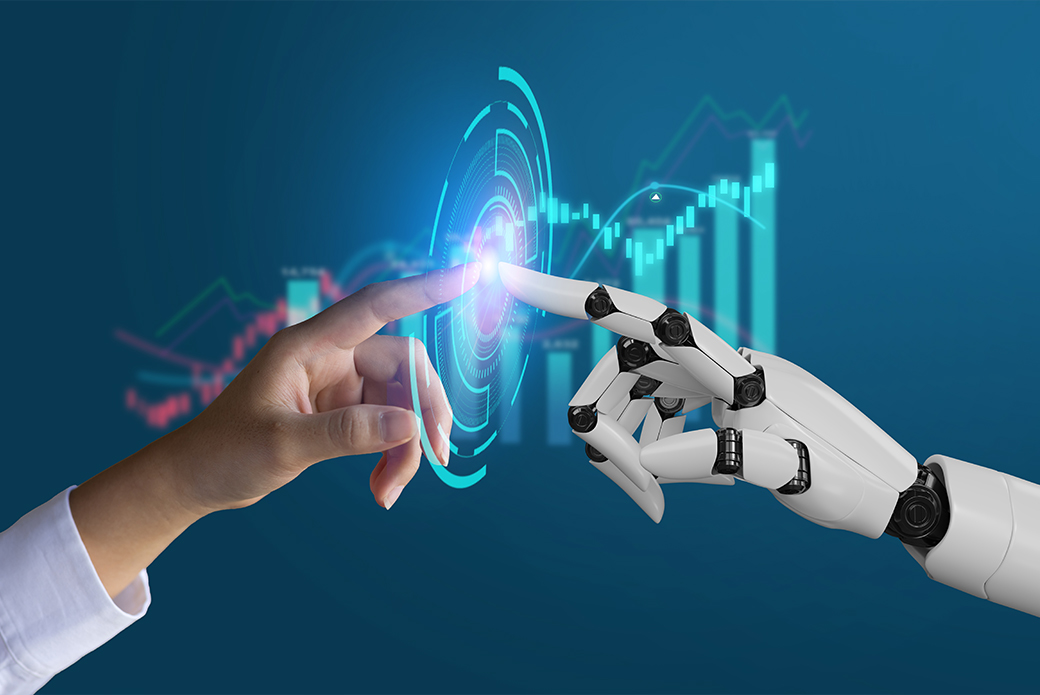- Blog
- The future of AI driven conversations
The future of AI driven conversations

Conversational AI awakens: No more crappy customer experiences
In 1966, a simple natural language processing program called ELIZA amazed people with its ability to convincingly mimic human-like conversation through scripted prompts. ELIZA's creator, Joseph Weizenbaum, grew disturbed seeing how easily people attributed human-like feelings to the computer program viewing the technology as intelligent and emotionally supportive. When his secretary asked for privacy to continue conversing with ELIZA, Weizenbaum pulled the plug - discontinuing a project that had unexpectedly revealed something profound about our willingness to imbue even the simplest computational processes with human-like qualities.
Almost 60 years later, the rapid advancement of large language models and conversational AI is ushering in a new era of human-machine interaction. Today's AI assistants can engage in remarkably human-like dialogue, drawing upon vast knowledge bases to provide context-aware responses and task assistance.
Now, it’s easy to imagine a future where your closest collaborator is a brilliant, multitalented AI assistant that intuitively understands your needs, strengths and quirks. An ever-present copilot, that can engage in seamless dialogue, provide expert analysis and insights, automate complex workflows, and even pitch in with creative ideation across any domain.
The future of customer service delivery
Today, when we talk about the coming disruption of conversational AI and intelligent virtual assistants in customer service, we naturally centre on the customer perspective - envisioning seamless, personalised experiences transcending today's fragmented digital and voice channels.
But to appreciate the magnitude of this tectonic shift, we have to look at how conversational AI will reshape service delivery from every angle - including frontline agents, operational managers, and executive stakeholders. Every layer of the service supply chain is about to experience a profound revolution.
Assisted agents
Let's start with the frontline staff interacting with customers daily. Historically, call centre agents have been forced to juggle antiquated systems, workflows, and scripts resulting in poorer experiences, higher handle times, burnout and attrition. With conversational AI, they stand to gain a powerful copilot.
Imagine an agent's workstation where an AI assistant automatically synthesises relevant customer context, suggested responses, knowledge base articles, and actions in real-time as the conversation with the customer progresses. This level of support, when designed well, has the potential to make each agent more efficient and effective. And as the AI handles more repetitive queries and transactions, agents are freed to focus on more complex, empathetic interactions.
Assisted managers
For managers overseeing service operations, an AI assistant can seamlessly escalate, route, and load balance between virtual and human agents based on real-time demand, priority and other contextual parameters. Advanced conversational intelligence will enable optimised staffing, smart call-backs, seamless human/automation handoffs, and tailored training and coaching.
However, the biggest beneficiaries may be the businesses and stakeholders responsible for customer experience strategy and execution. Not only will conversational AI unlock unprecedented operational scalability, faster resolutions and reduced costs, it will finally make customer intelligence truly pervasive and actionable.
Imagine being able to simply ask an AI assistant: "What are the top call drivers and customer pain points this week?" Or: "Show me examples of negative experiences that led to churn." With conversational interfaces, CX leaders can engage in seamless voice and text dialogues with customer data - instantly visualising insights, identifying issues, simulating scenarios, and making decisions.

Insights concierge
The AI becomes an insights concierge, continuously analysing conversations across all service channels to surface issues, recommendations, and opportunities for optimisation. This provides a direct line into the voice of the customer powered by advanced natural language analytics rather than static dashboards.
The impact extends beyond just transforming customer service operations. With the AI interface connecting data, systems, and decision-making, we'll see a convergence of functions like service, marketing, product design, and strategy into unified experience orchestration enabled by pervasive conversational intelligence.
While challenging, the opportunities to elevate an organisation's service capabilities are compelling. We stand to democratise intelligent service delivery and revolutionise how leaders harness the voice of the customer. Agents, managers, executives and customers can synchronise in constant data interchange, transforming service into an engine driving continuous innovation and growth.
Conversational AI has come of age, and those who embrace it will reap the rewards of deeper customer insights, enhanced experiences, and sustained competitive advantage.
Summary
From its humble beginnings with ELIZA to today's sophisticated AI assistants, we're witnessing a transformative shift towards more personalised, efficient and insightful interactions. As we embrace this technology, we're not just revolutionising customer experiences; we're also reshaping entire service ecosystems, empowering agents, managers and executives alike.
Ready to embark on this journey of customer service innovation? Explore the nuances between conversational AI and chatbots in our dedicated blog post: “Conversational AI vs Chatbots: What is the difference?"



